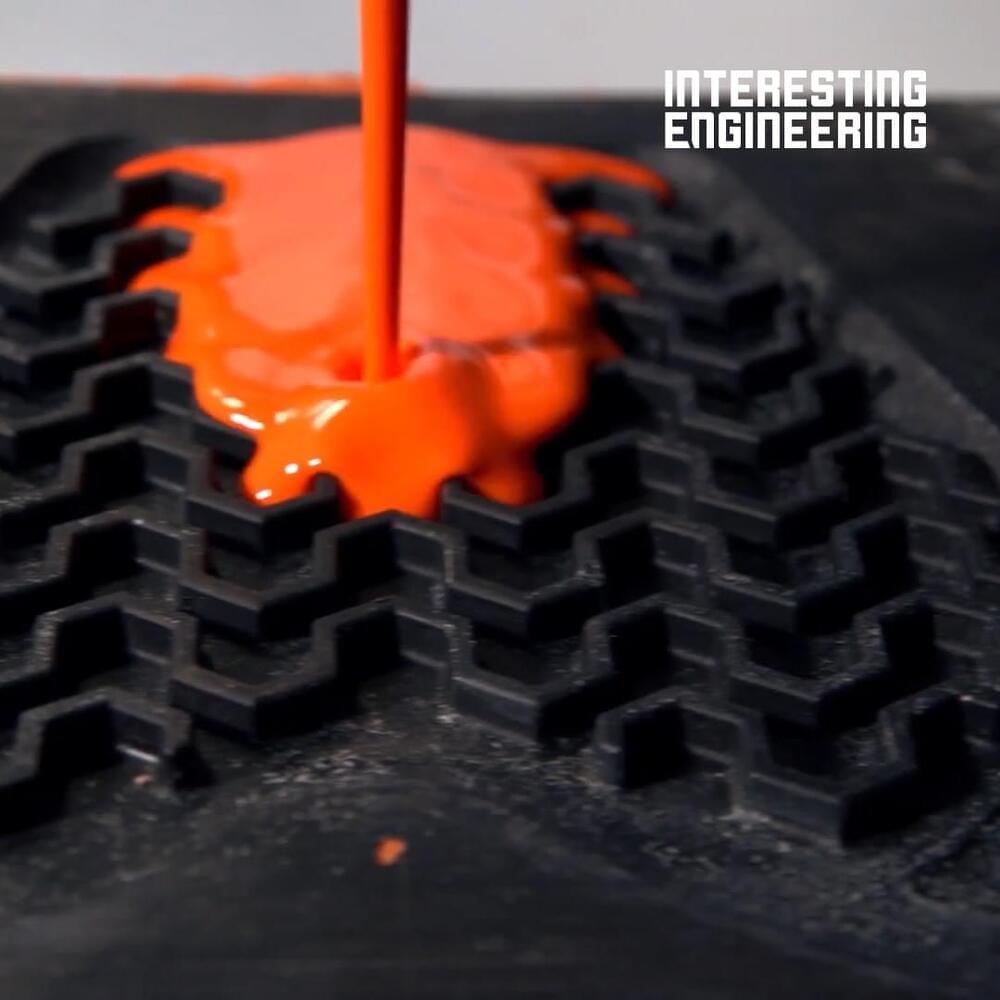After 50 years of sporadic development, Bell thinks it can build a survivable, long-range, high-speed, VTOL aircraft adapted to tomorrow’s wars.
Get the latest international news and world events from around the world.
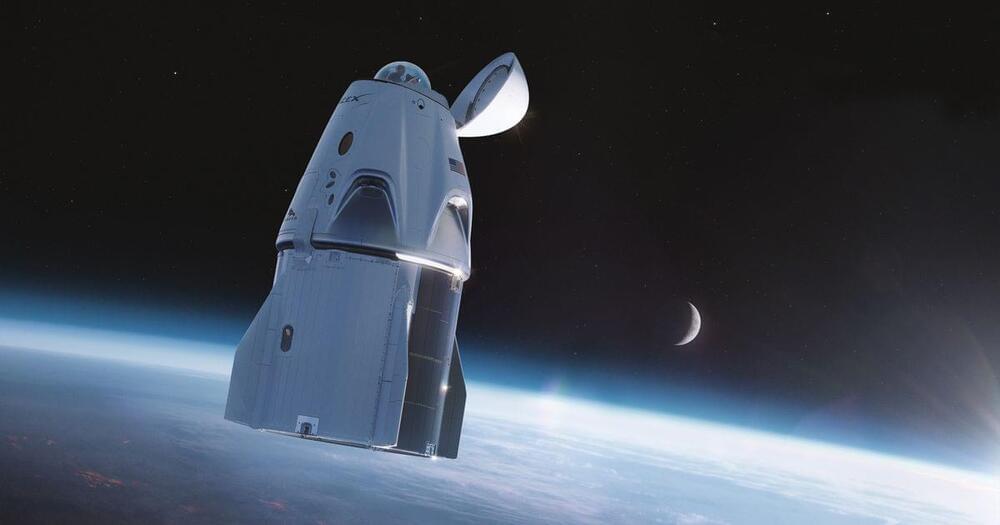

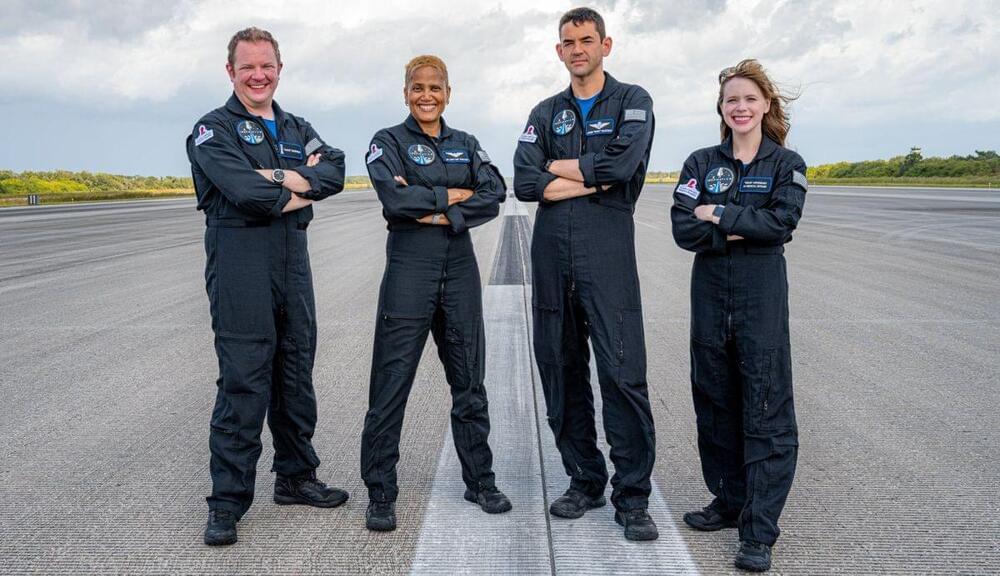
Watch This Whisper-Quiet eVTOL Jet Hover and Land
Powered by 36 electric jet engines, Lilium’s fifth-generation demonstrator is an example of how quickly the eVTOL revolution is moving forward.

Elon Musk Mocks Jeff Bezos’ Attempt to Develop Immortality Tech
#ElonMusk is on a better path than Bezos is partly because he’s working on his brain chip and once that brain chip has been made dubbed complete he can make it so it works with tech and we can merge Tech with people which means that we can make a life out of tech and have our body be completely made robotic and as long as we have materials like synthetic blood that feeds and sustains the brain with the proper nutrients to stay alive. Theoretically u could live much longer. He seems to have the robot body and robot made and chip almost complete now he needs the synthetic sustainable blood for a human brain 🧠 implant into the robot tech body using Brian chip to control it. Immortality In theory the brain doesn’t have to be in the robotic body it can still be connected to the body through a central location via #StarLink #Robot links https://fb.watch/7UAKDX92Vh/ https://fb.watch/7Uyo7JYdok/ “Life is a video game in that aspect” But even without the brain merge you will be able to pair our minds with these AI robots and use them on 🌎 earth or beyond like a ship to #Mars or any other place that can get the signal from the brain to the robotic body.
Elon is at it again.
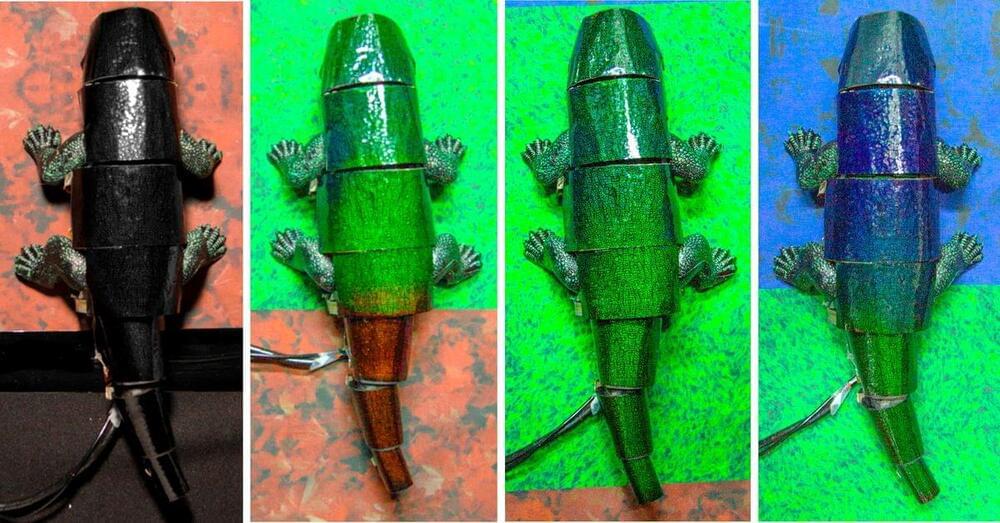
South Korean researchers create chameleon-like artificial “skin”
SEOUL, Sept 9 (Reuters) — South Korean researchers say they have developed an artificial skin-like material, inspired by natural biology, that can quickly adjust its hues like a chameleon to match its surroundings.
The team, led by Ko Seung-hwan, a mechanical engineering professor at Seoul National University, created the “skin” with a special ink that changes colour based on temperature and is controlled by tiny, flexible heaters.
“If you wear woodland camouflage uniforms in desert, you can be easily exposed,” Ko told Reuters. “Changing colours and patterns actively in accordance with surroundings is key to the camouflage technology that we created.”
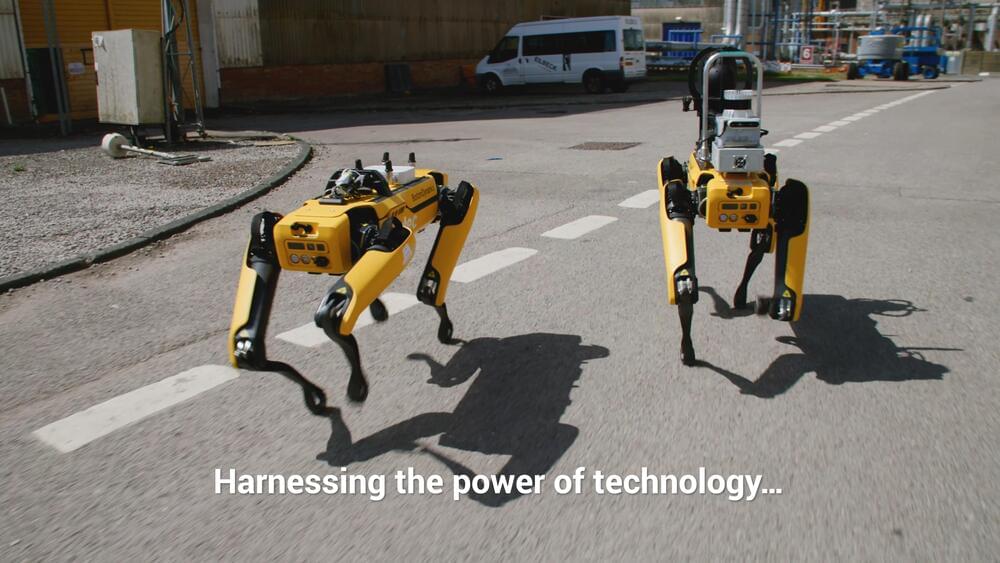
Our partners at UK Atomic Energy Authority and Createc brought Spot to Sellafield Ltd to demonstrate how Spot can automate nuclear inspections
Our partners at UK Atomic Energy Authority and Createc brought Spot to Sellafield Ltd to demonstrate how Spot can automate nuclear inspections, support decommissioning, and reduce risk for people in hazardous environments. Watch the full video: https://bit.ly/3ttOgcr
SpaceCast Weekly — September 10, 2021
Is a NASA Television broadcast from the Johnson Space Center in Houston featuring stories about NASA’s work in human spaceflight, including the International Space Station and its crews and scientific research activities, and the development of Orion and the Space Launch System, the next generation American spacecraft being built to take humans farther into space than they’ve ever gone before.
